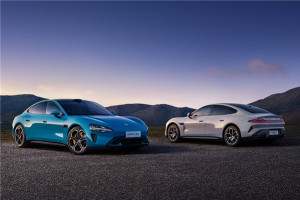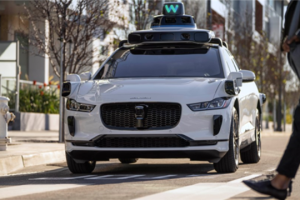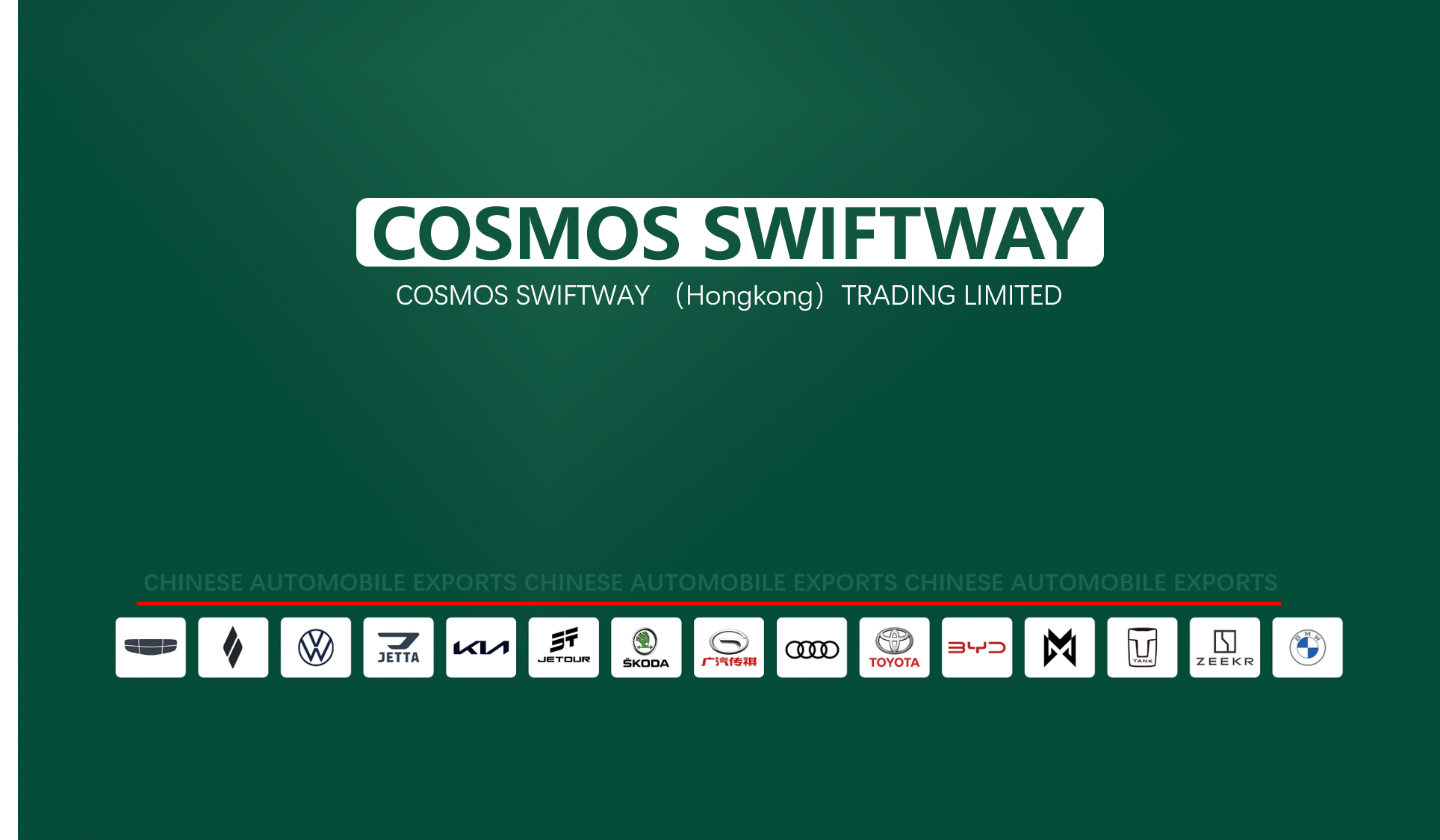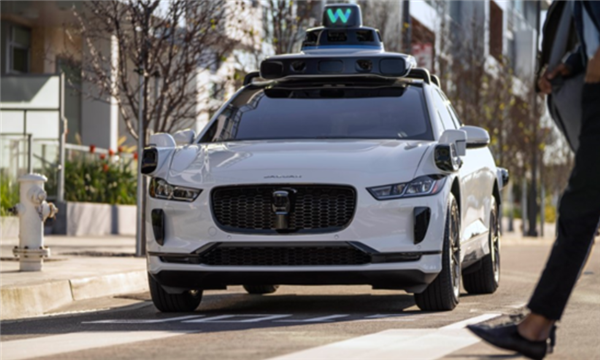June 20, 2025 – Just days after Audi revealed its decision to extend the production timeline for gasoline-powered vehicles, its longtime rival Mercedes-Benz has followed suit with a similar stance.
Ola Källenius, the Chairman and CEO of Mercedes-Benz, openly admitted that the company is “realigning its strategy” and has chosen to keep internal combustion engine (ICE) models in its lineup for a longer period than initially planned. Previously, Mercedes-Benz had aimed to achieve a full transition to all-electric vehicles by 2030, “subject to market conditions.”
In an interview with the German magazine Auto Motor und Sport, Källenius stated, “We anticipate that highly advanced, electrified internal combustion engines will remain in service longer than we had previously envisioned.” He believes that given the slower-than-expected adoption of electric vehicles (EVs), it is the most rational choice for established automakers to advance both ICE and electric technologies simultaneously, without abandoning either.

According to a report from motor1 today, Mercedes-Benz experienced a 23% decline in sales in 2024. However, the overall electric vehicle market continues to expand. Data from the International Energy Agency indicates that global EV sales surged by over 25% in 2024, reaching 17 million units.
A recent report from BloombergNEF also forecasts that sales of plug-in hybrid and pure electric vehicles will increase by 25% year-on-year in 2025, approaching 22 million units. As expected, China will continue to dominate the market, contributing nearly two-thirds of the total sales.
From the reports, it is evident that China remains Mercedes-Benz’s largest single market, despite a 7% decline in sales last year, with a total of 683,600 ICE and electric vehicles sold. Källenius mentioned that for Chinese consumers, “driving is not just about getting from point A to point B; for many, the car serves as a second living room.”
Given the diverse consumer demands, it appears that the three major German luxury car manufacturers will continue to offer both ICE and electric vehicles throughout the 2030s.












